Sensitive content
This site contains sensitive content that includes references to sexual violence.
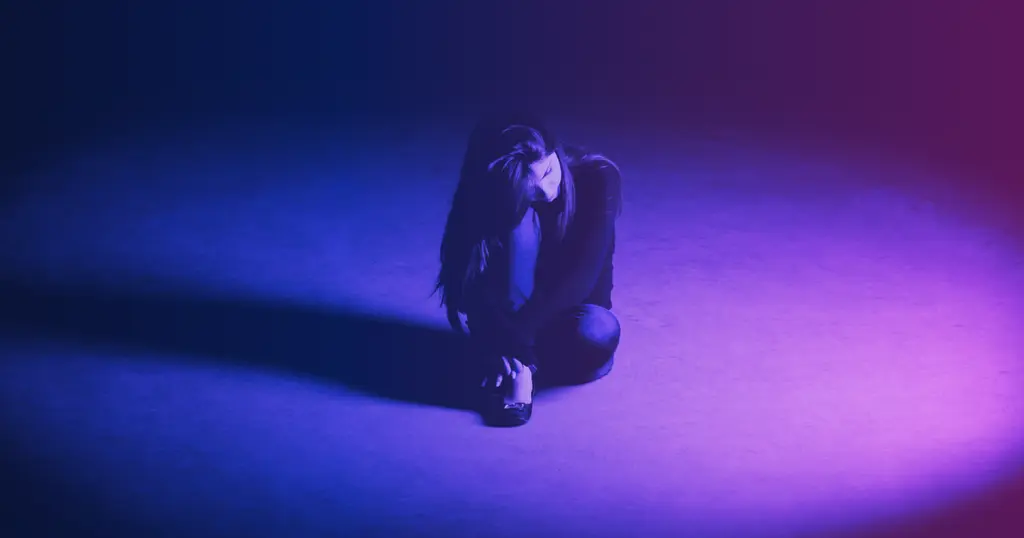

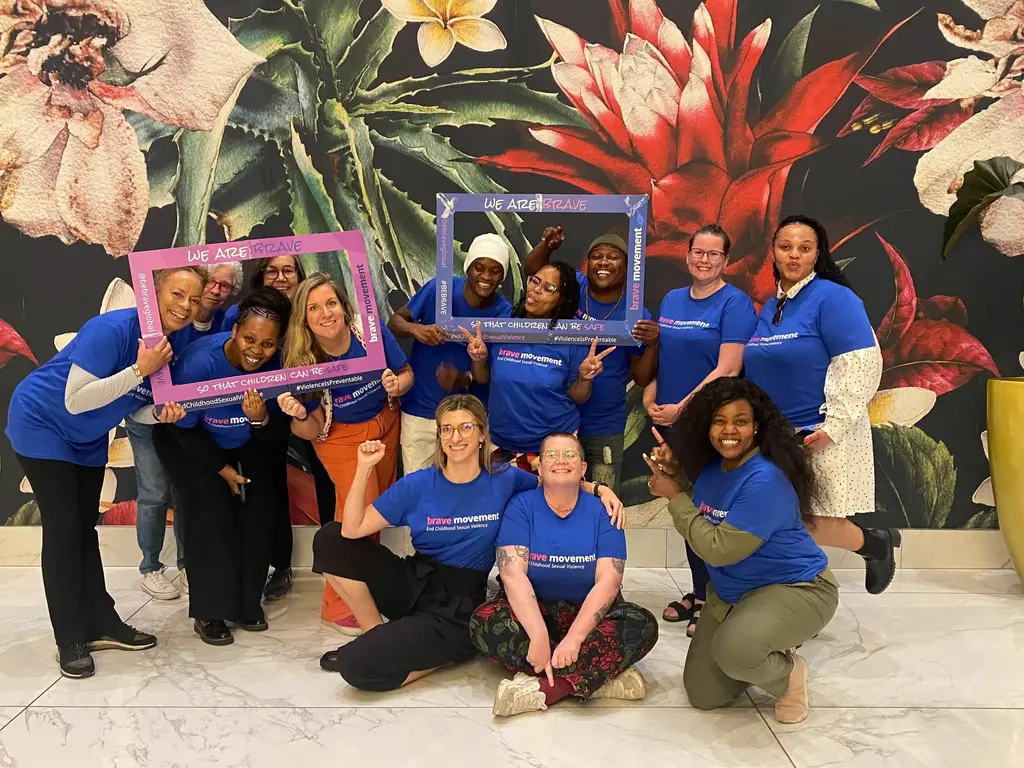
This month has been an extraordinary one for our survivor-centered advocacy and activism –a roll call of achievements, events and involvements like no other.
December 1, 2025
|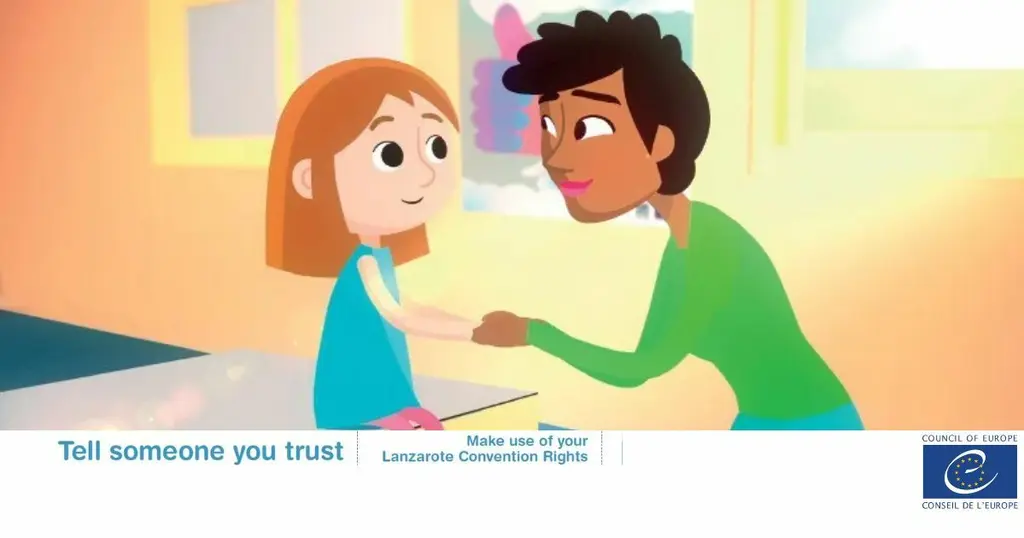
For far too long, child sexual abuse was something whispered about, hidden, denied, or if dealt with at all it was behind closed doors. Fifteen years ago, something quietly powerful happened in Europe that changed the course of child protection forever. But for those of us who are survivors of childhood sexual abuse, something monumental had taken place: the Lanzarote Convention officially came into force. The Lanzarote Convention began to shatter the silence. This comprehensive Convention marked the first time in human history that nations gathered to focus solely on tackling sexual violence against children. Its full title is a bit dry: “The Council of Europe Convention on the Protection of Children against Sexual Exploitation and Sexual Abuse”. Called the Lanzarote Convention because nations were first invited to sign it on the peaceful island of Lanzarote, and for those who did, its commanding measures came into force in 2010. Since 2010, 48 countries have ratified the Lanzarote Convention—and with that signature, each nation committed to putting children first. They agreed to take real, practical steps: training teachers, doctors, and police officers; protecting children online; criminalising grooming and live-streamed abuse; and ensuring children can testify in safe, trauma-informed ways. I’ve witnessed how the Convention has led to tangible reforms—interviews with child victims now recorded to spare them the trauma of repeating testimony; specialised police units trained to sensitively handle abuse cases; public campaigns educating parents and children about grooming and digital safety. Every country that joins the Lanzarote Convention sends a message: that child protection isn’t optional. If your country hasn’t yet ratified the Lanzarote Convention, be kind.
June 25, 2025
|
An overwhelming vote by the European Parliament in favour of ending time limits for the prosecution of child abusers has been welcomed by leading children’s rights organisations as a major step towards keeping children safe.

Imagine being the victim of a crime so traumatising it takes you years, even decades, to be able to tell anyone about it. Then imagine that when you are finally able to do so, nothing can be done. You are told it is too late for justice.
June 17, 2025
|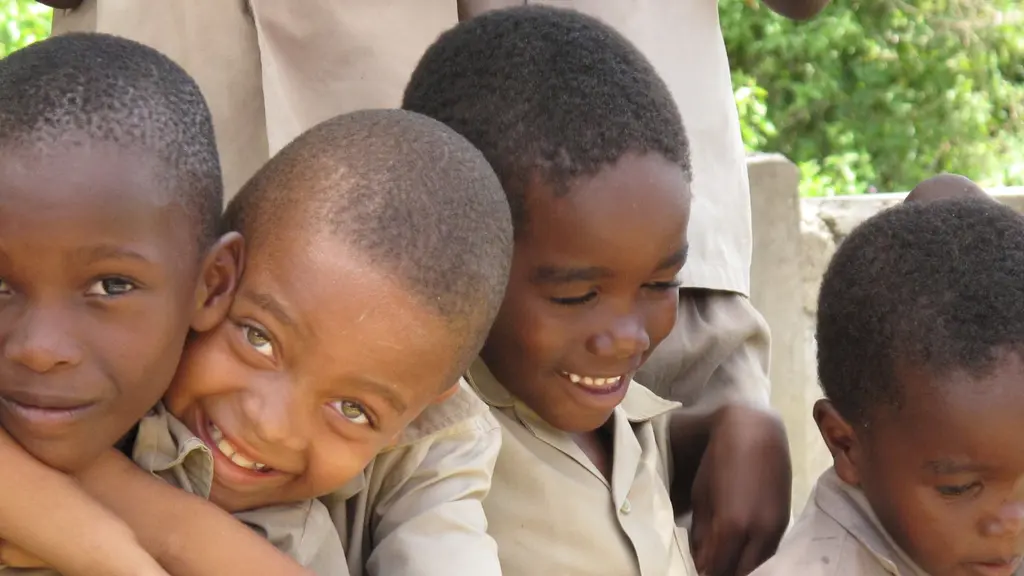
As a survivor, I speak with the weight of lived experience. As an advocate, I speak for the countless children whose voices are still silenced
June 5, 2025
|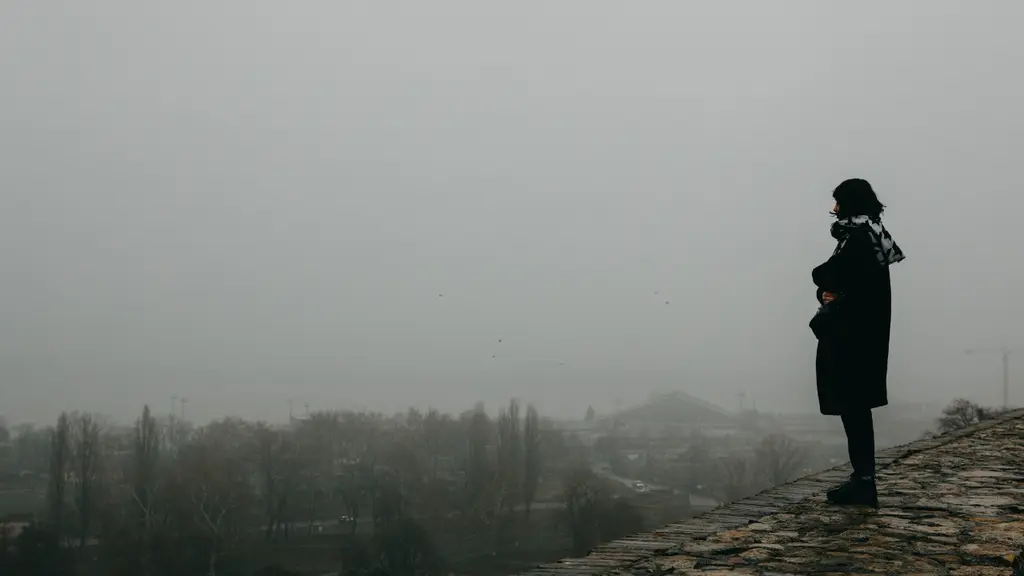
A statute of limitation in relation to childhood sexual violence defines the maximum amount of time a victim can wait before starting legal proceedings against the perpetrators. Setting this limit for survivors of childhood sexual abuse is harmful as it means that many do not recieve justice if they can’t speak up within the imposed deadline, which is usually an arbitrary amount of time. Governments retaining these harmful statutes of limitation for survivors of childhood sexual abuse is not only deeply unfair to victims but dangerous for future generations and extremely costly for society. For these reasons it's not surprising that the complete elimination of statutes of limitations in relation to childhood sexual violence of is one of the highest priorities of the global survivor movement. Unfortunately for them, evidence obtained from countries that have no statutes of limitations in relation to childhood sexual violence disprove that claim. There are some types of evidence that survive the passage of time such as a criminals' confessions, DNA, child sex abuse material, the internal archives of institutions that have shielded abusers (i.e. catholic church, boy scouts) or multiple victims who describe the same modus operandi committed by a common perpetrator. The European commission and the European Parliament want to change this outrageous situation by including a legally binding common standard on the new directive against child sexual abuse. On Tuesday 17th of June, the European Parliament will vote their proposal to establish in the new directive that there should be no criminal or civil statute of limitations in child sexual abuse cases.
June 4, 2025
|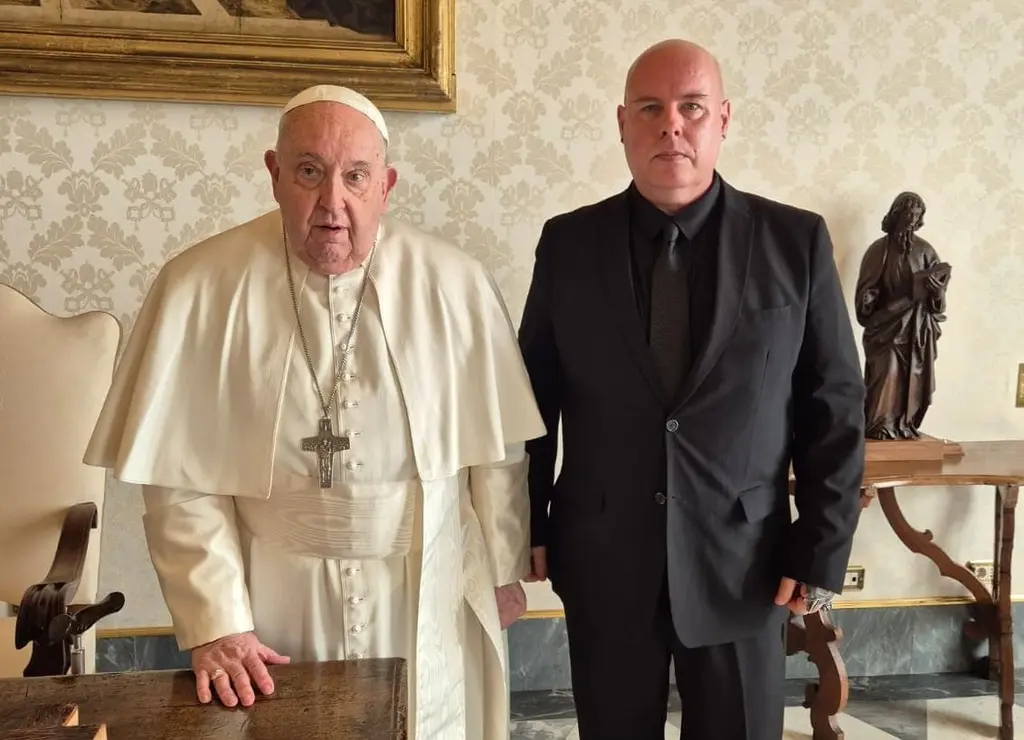
For 25 years, Jose Enrique Escardó Steck (JEES) has been fighting for justice—not just for himself, but for countless survivors of abuse in Peru and Latin America. His audience with Pope Francis was a moment of validation—not just for him, but for all survivors and allies who have joined JEES in all these years and fought for justice despite systemic silence and repression. His testimony played a key role in the CRC’s historic recommendation on January 31: "Peru must establish a formal, independent State-led inquiry into child sexual abuse within the Catholic Church. This is a landmark moment—not just for Peru, but for the global movement to hold institutions accountable for child abuse. It sets a precedent for government responsibility in ensuring justice for survivors, rather than leaving the process solely in the hands of the Church.
February 9, 2025
|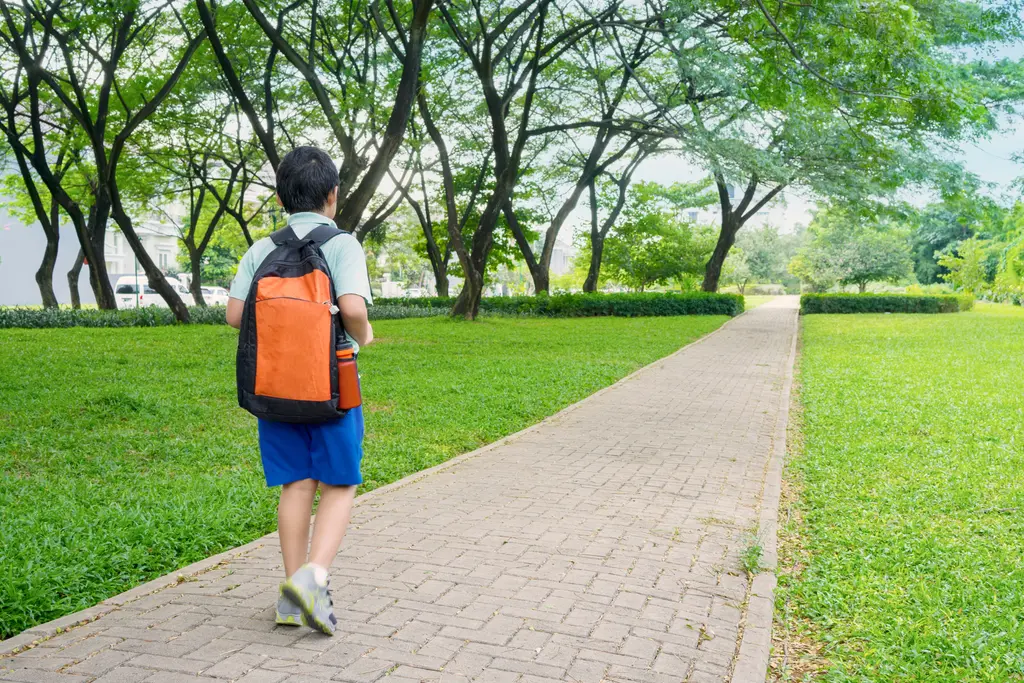
One of the most painful aspects of this crime is that victims and survivors carry shame and guilt, partly because the abuser is often someone close to you, someone in whom you place your trust.
January 6, 2025
|
I was five when I was raped by an adult cousin during a summer stay at my great aunt’s home in Southwest France. My parents were away. I couldn’t resist. I had no agency.
October 7, 2024
|